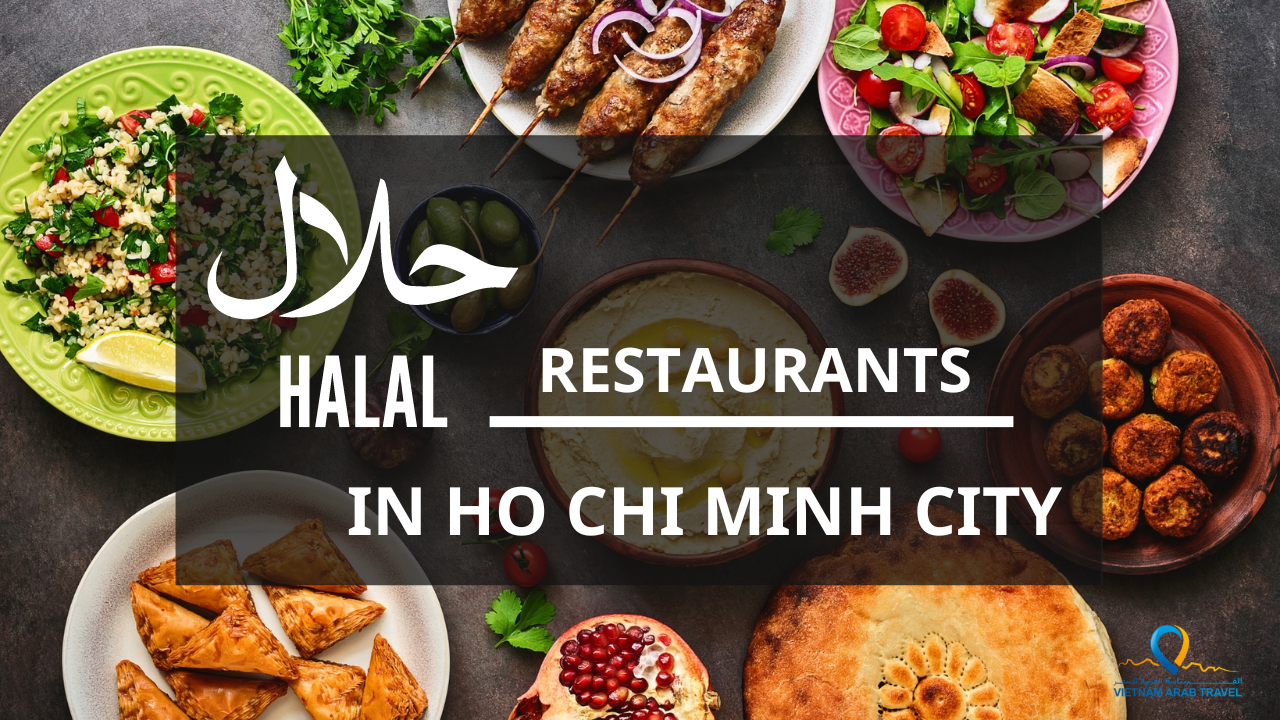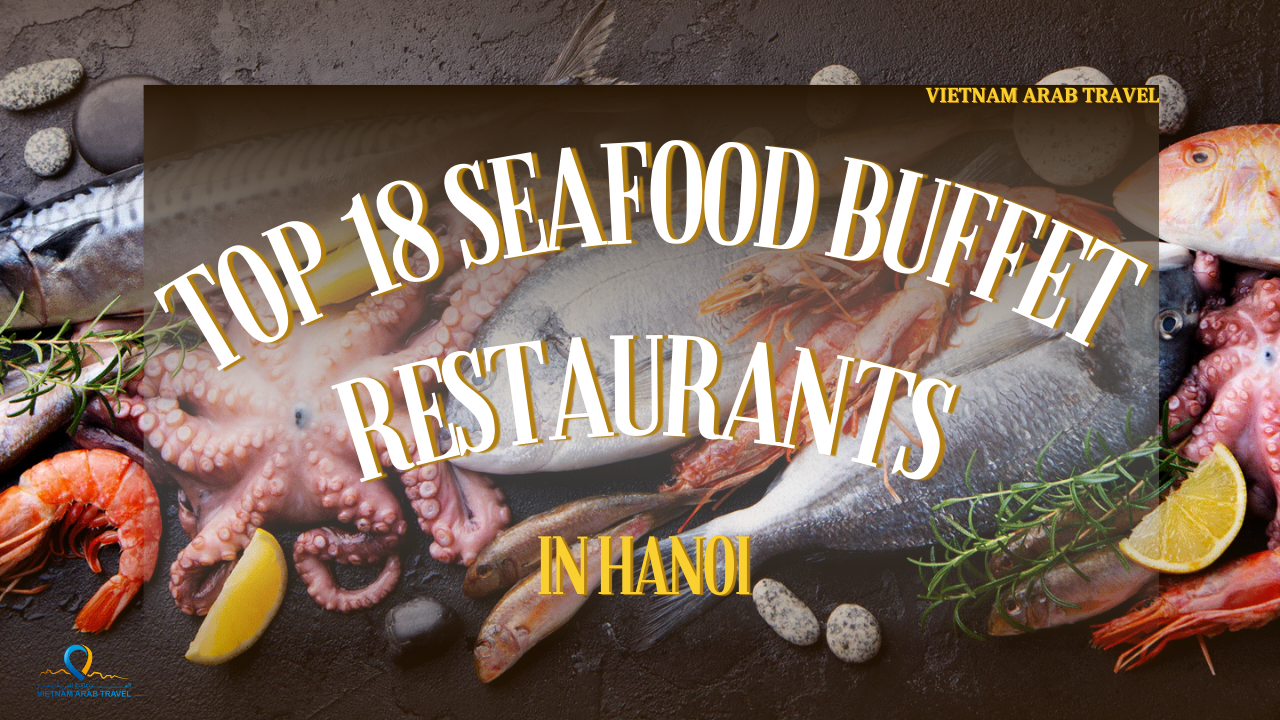Hue museum a treasure house of Nguyen Dynasty antiques
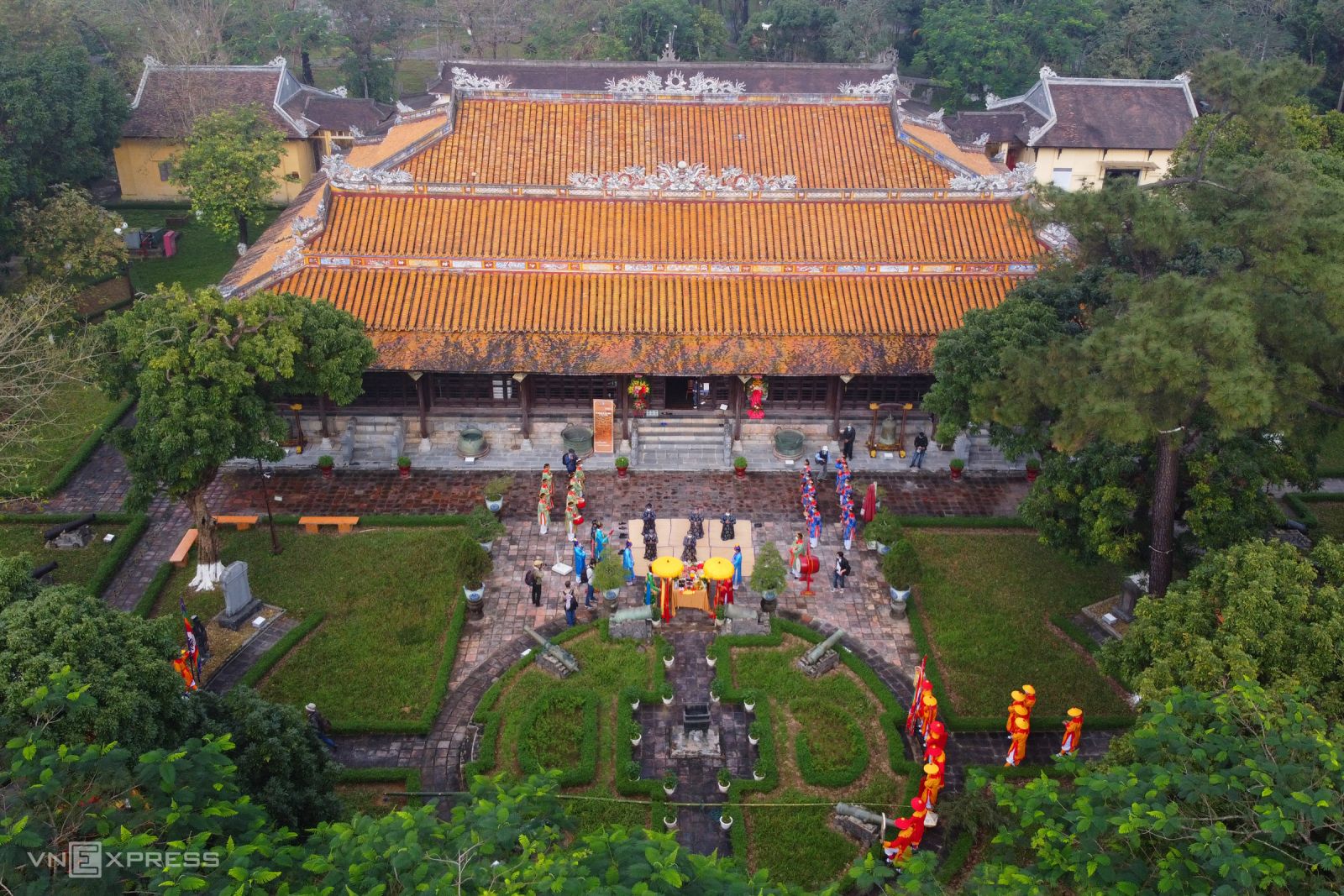
Built in 1845 as a palace during the reign of King Thieu Tri, the third Nguyen king, it was later turned into one of the first museums in Vietnam in 1923, under King Khai Dinh. Its original name was Musée Khai Dinh (Museum of Khai Dinh).
The museum now displays collections of ancient Hue antiques, most of which originate in the royal family.

Flanking the entrance to the museum's main building are cannons made around 200 years ago. Different types of cannons are preserved on the museum's premises.

The museum's main building is made of precious timber. Its columns are decorated with images of four holy beasts: dragon, turtle, phoenix and unicorn that symbolize power in the Chinese mythology.

A golden nine-dragon ball is on display at the museum.

The throne of the Nguyen Dynasty is engraved with dragon images.
Other artifacts that remain preserved inside the museum include a collection of porcelain, enamelware, royal costumes, seals, musical instruments, wooden furniture and cannons.

King Khai Dinh's bed.

The bronze incense burner used in royal ceremonies and the bronze candle tower.

A musket, an old type of gun once carried by foot-soldiers, is part of memorabilia attached to King Gia Long (1802-1820), founder of the Nguyen Dynasty.

Two bronze vases carved with pictures of birds and flowers used in the king's palace.

The royal costume of the queens under the Nguyen Dynasty on display in the museum.
The artifacts kept at the Hue Museum of Royal Antiquities reflect the royal life, political rituals and ideology of the Nguyen kings and mandarins, the last feudal dynasty in Vietnam (1802-1945).


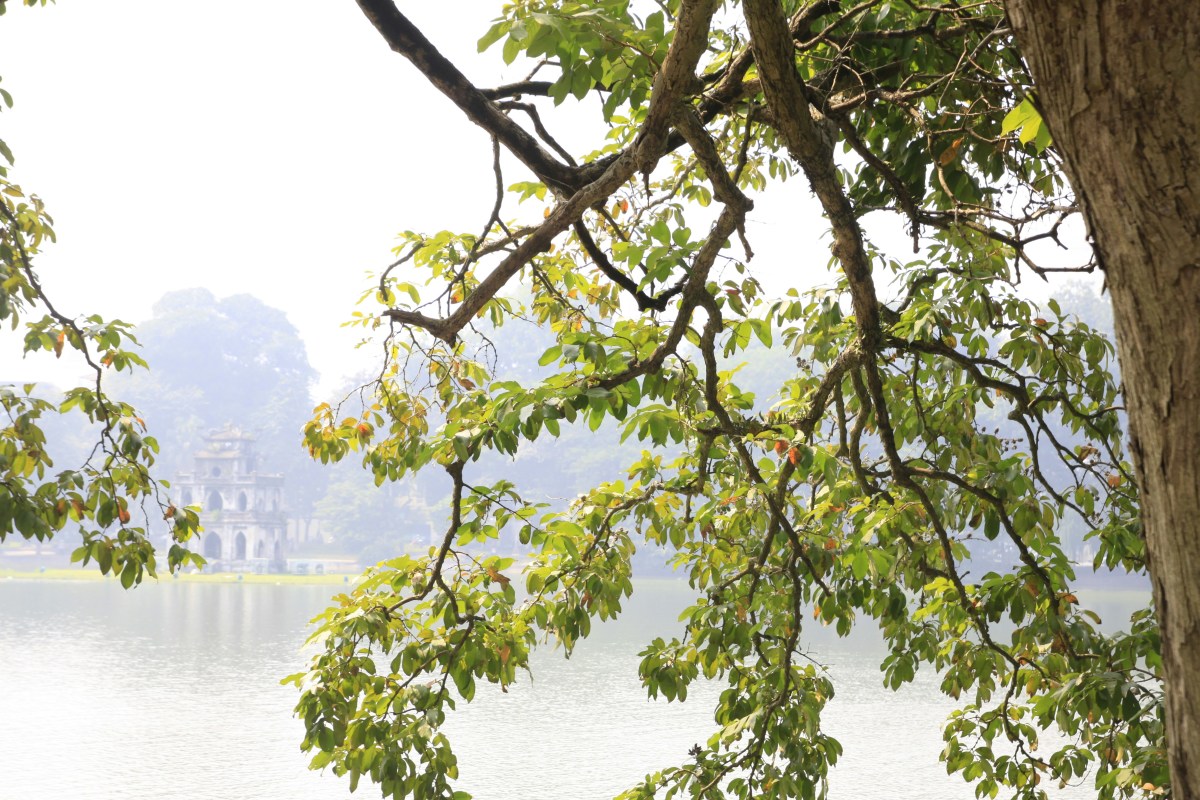
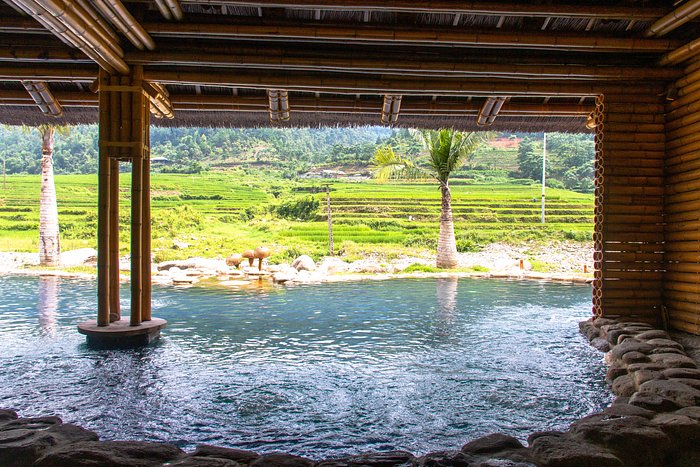
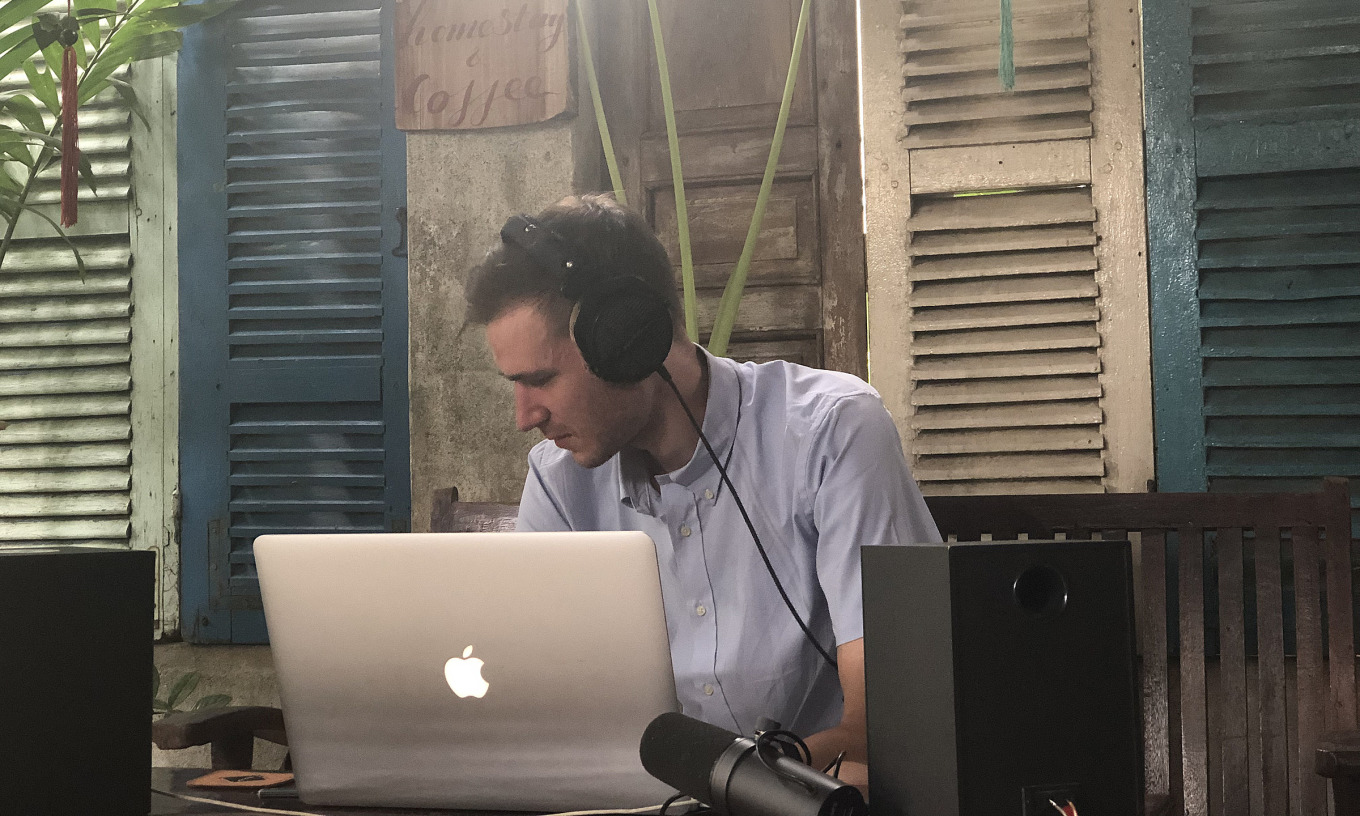
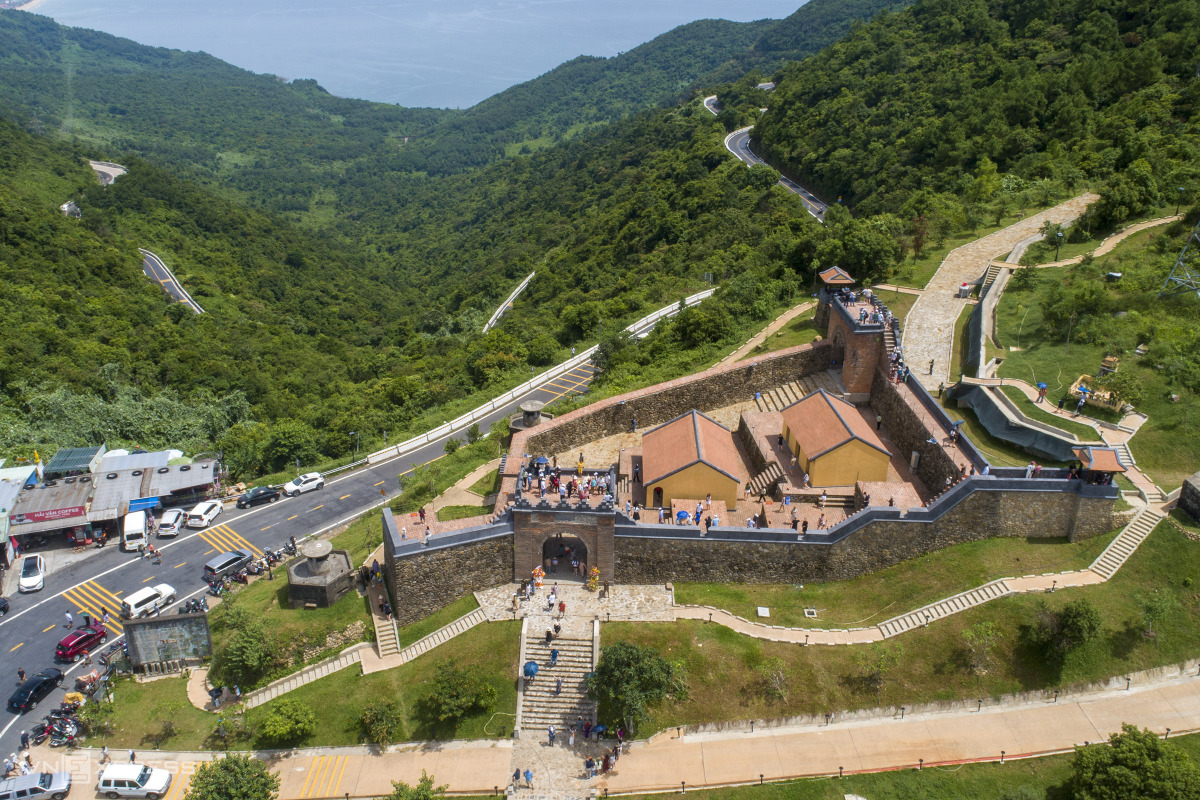


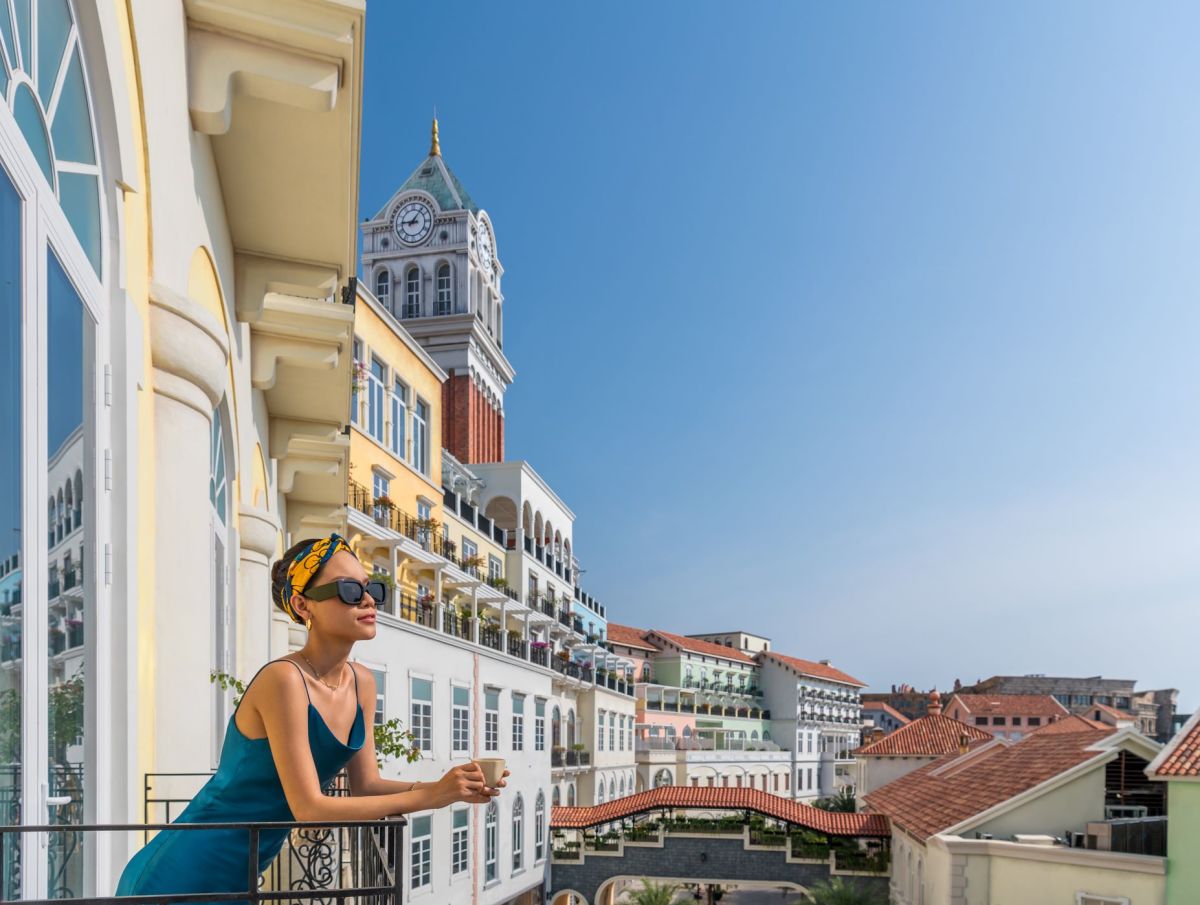
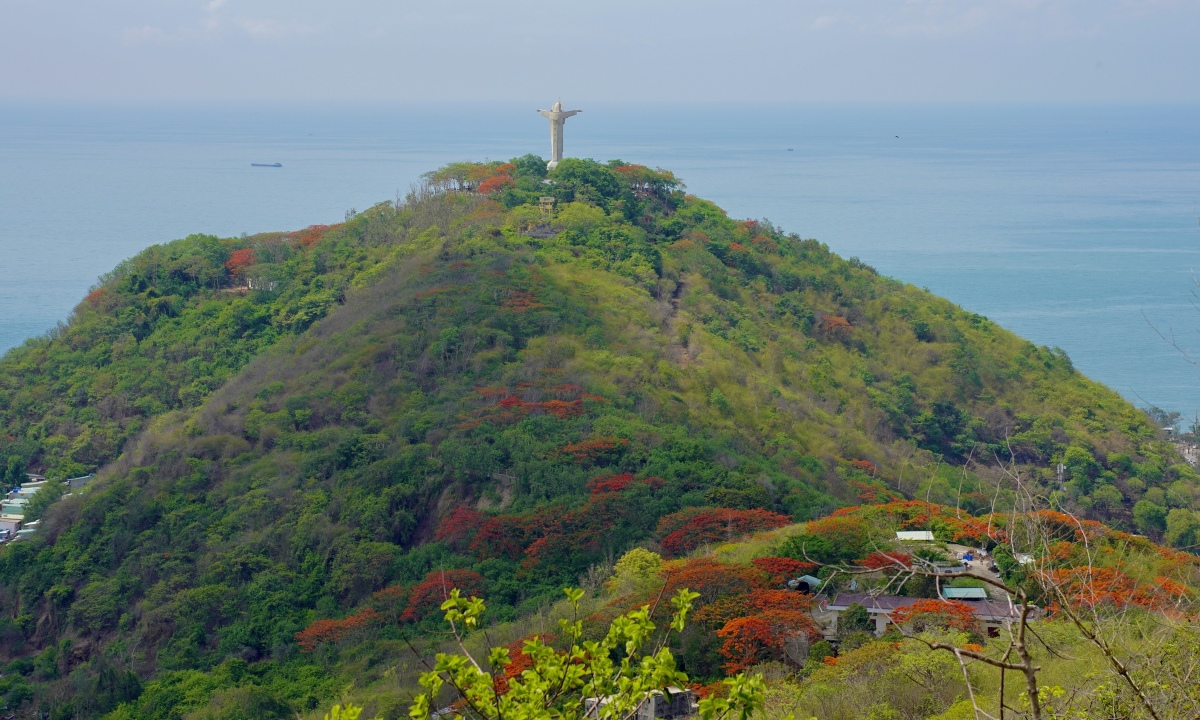
.png)
